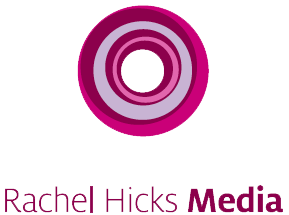This is the question I am most asked when I give talks to businesses.
The short answer is - make it interesting.
I've been a BBC journalist for 25 years and in that time I've shredded, deleted and been bored to tears by too many bad press releases to mention. What frustrates me, now I run a business myself, is that a good press release can win your company some great publicity - for free! But getting that press release wrong will mean your finely crafted, 2 hour investment will end up in the bin.
What I also find is that someone in the office has been told to write a press release with no training and is gainfully having a go. Well how hard can it be? In what other part of our job do we delegate and accept roles with no training!
The key point to remember when creating a press release is to ask yourself, "How is this interesting to my audience?" NOT "Here is what I want to say"
If you want to know what else would entice a journalist to print your press release and give you free publicity, join me for a practical Press Release Writing Workshop at the Witney Innovation Centre on Weds 16th May. We'd love you to bring ideas or a written press release and have it critiqued during the workshop. See you there!
https://www.eventbrite.co.uk/e/write-better-press-releases-for-free-publicity-tickets-45512804022


